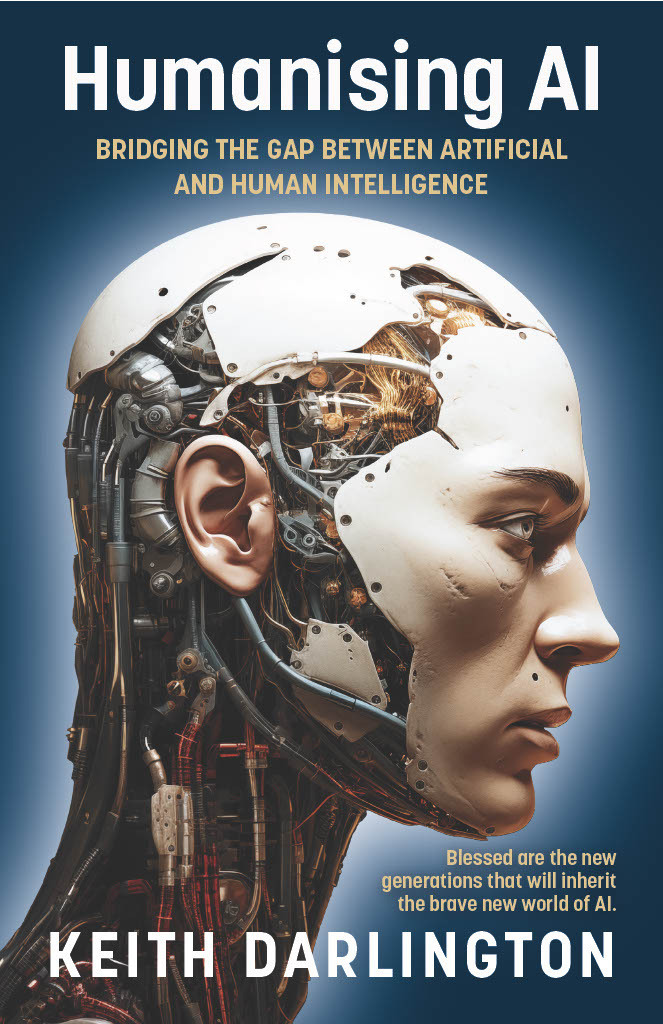

Most ebook files are in PDF format, so you can easily read them using various software such as Foxit Reader or directly on the Google Chrome browser.
Some ebook files are released by publishers in other formats such as .awz, .mobi, .epub, .fb2, etc. You may need to install specific software to read these formats on mobile/PC, such as Calibre.
Please read the tutorial at this link: https://ebookbell.com/faq
We offer FREE conversion to the popular formats you request; however, this may take some time. Therefore, right after payment, please email us, and we will try to provide the service as quickly as possible.
For some exceptional file formats or broken links (if any), please refrain from opening any disputes. Instead, email us first, and we will try to assist within a maximum of 6 hours.
EbookBell Team

4.3
98 reviewsArtificial Intelligence (AI) applications are everywhere and
dominate news stories almost daily. Recent months have
witnessed a surge of interest in AI due to the rollout of
ChatGPT and other large language models. However, well
before the rise of ChatGPT, AI had already become an integral
part of our lives, powering various applications we rely on daily.
From popular platforms like Facebook to voice assistants like
Siri and Alexa, AI has found its way into numerous
smartphone apps. Moreover, AI plays a crucial role in essential
business applications, government, and domains like healthcare
diagnostics, aiding humanity significantly. AI can change our
lives for the better in immense ways.
Nonetheless, alongside the excitement surrounding AI, there is
also a sense of unease. Elon Musk and many prominent
exponents of AI have expressed concerns about the potential
risks - even suggesting the possibility of humanity's extinction. A
primary concern revolves around the safety of AI systems,
particularly life-and-death applications. For instance, medical
robotics, patient diagnostics, and other AI-driven healthcare
systems could have dire consequences if they misdiagnose or
provide incorrect treatment options. Furthermore, military
applications of AI, such as drones, also have the potential to
cause harm, whilst driverless vehicles relying on AI
decision-making alone can also lead to fatal accidents. The
general public finds itself in a state of understandable confusion.
On the one hand, they recognise the immense benefits that AI
can bring to humanity. On the other hand, they are confronted
with warnings from politicians, technologists, and other sources,
cautioning about the existential threats posed by AI. These
confusing conditions are compounded by the varying degrees to
which AI impacts our lives, ranging from emotional discomfort
caused by the misuse of AI-based smartphone apps to the
potential for disastrous consequences of its use in military
conflict